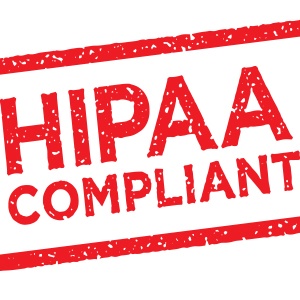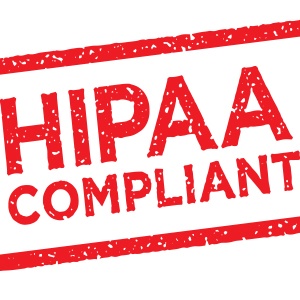Platform
Call Center
Get Started
Wanna subscribe to our blog?
Get updates once a month.
Platform
Call Center
Solutions
Get Started
Wanna subscribe to our blog?
We'll send you updates once a month.
Wanna subscribe to our blog?
Get updates once a month.
Wanna subscribe to our blog?
We'll send you updates once a month.

 A growing number of health and medical companies are deploying a hosted VoIP system – either in their offices, across their contact center infrastructure, or both – so they can provide superior customer service, improve record keeping, and dramatically reduce telecommunication costs.
A growing number of health and medical companies are deploying a hosted VoIP system – either in their offices, across their contact center infrastructure, or both – so they can provide superior customer service, improve record keeping, and dramatically reduce telecommunication costs.
However, in order to reap all of these rewards, these companies and all of their employees and contractors must ensure that they comply with HIPAA rules and guidelines regarding a variety of activities, including call recording on their VoIP phone system (to learn more about HIPAA, visit the U.S. Department of Health & Human Service’s website here).
With this in mind, below are a set of HIPAA call recording best practices to help companies stay compliant and avoid fines, sanctions, lawsuits, and reputation damage:
One of the key advantages of a VoIP phone systems is that it can be configured to capture a wealth of information, such as audio recordings, video recordings (if the interaction is over the web), dates, names, addresses, and so on. This data can be used to create audit trails, monitor and improve efficiency, and ultimately help both companies achieve their business goals and customer service standards.
However, it is critically important for companies to implement strict controls over all customer databases, in order to prevent unauthorized access – which in some cases may be accidental, but is nevertheless a breach of HIPAA rules and can lead to serious consequences.
Patient Health Information (PHI) does not just cover data like clinical charts and doctor’s notes. Even a customer’s name or address is considered PHI, since it is part of their record and can be manipulated or abused in the wrong hands (e.g. cyber criminals, identity thieves, rogue employees selling lists to suppliers, etc.).
To avoid data leaks and breaches, ensure that specific policies and procedures are in place that control and restrict access to PHI.
Last but not least, it is necessary to record all customer interactions, and constantly monitor them to ensure that rules are being followed and compliance is being achieved. When this is not the case, employees/teams should be immediately alerted, and re-training should be scheduled at the earliest possible opportunity.
At Votacall, we have extensive experience serving clients in the health and medical space, and provide guidance and support on how they can use various tools (such as screen analytics) to achieve HIPAA compliance with their VoIP phone system. To learn more, contact us today. Your consultation is free.
For more information on hosted VoIP phone systems and the truth behind the most common myths, download our FREE eBook:
No Comments Yet
Let us know what you think